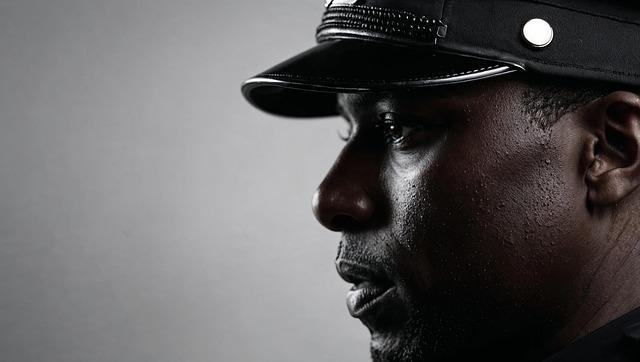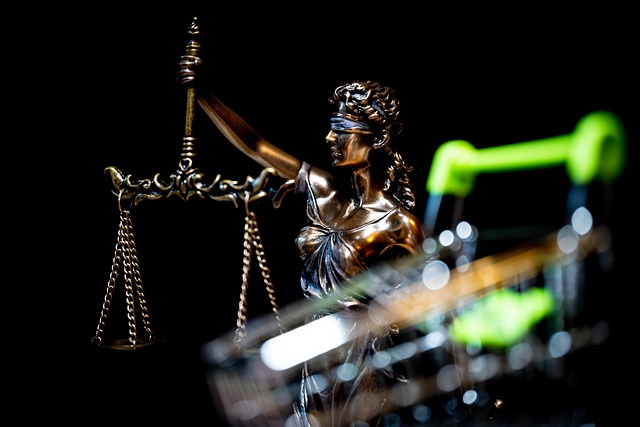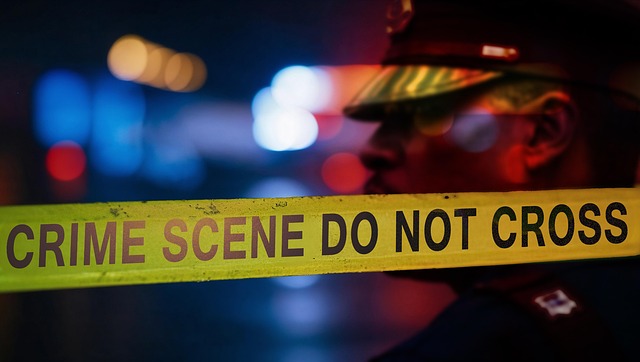Understanding diverse litigation types is crucial for legal professionals, who employ strategic methods like cross-examination and expert testimony to contest witness credibility in trials. By examining biases, conflicts, and inconsistencies, attorneys aim for favorable verdicts or dismissals. In high-profile cases, effective challenges to witness credibility can significantly impact outcomes, ensuring justice and fairness.
Explore the intricate world of litigation with our comprehensive guide on understanding different types and strategies to contest witness credibility. From the nuances of cross-examination techniques to real-world case studies, this article delves into the legal perspectives that can make or break a trial. Learn how to challenge witnesses effectively, ensuring justice prevails. Discover key insights on discrediting testimonies, enhancing your grasp of strategies to contest witness credibility in trials.
- Understanding Different Litigation Types: A Comprehensive Overview
- Strategies to Challenge Witness Credibility: Legal Perspectives
- Effective Cross-Examination Techniques for Discrediting Witnesses
- Case Studies: Successful Witness Credibility Challenges in High-Profile Trials
Understanding Different Litigation Types: A Comprehensive Overview

Understanding different litigation types is paramount for any legal professional, as it equips them with the strategic knowledge to navigate complex cases effectively. Litigation encompasses a wide array of dispute resolution processes, from mediation and arbitration to trials and appeals. Each type has its unique rules, procedures, and objectives, demanding tailored approaches. For instance, while civil litigation deals with private disputes between individuals or entities, criminal litigation focuses on prosecuting and defending against state-initiated charges.
Within these broader categories, specialized forms like white-collar and economic crime cases pose distinct challenges. Strategies to contest witness credibility in trials, for example, are crucial in navigating such cases where corporate and individual clients face severe accusations. A comprehensive understanding of these variations allows legal practitioners to advocate effectively, aiming for a complete dismissal of all charges or reaching favorable outcomes through alternative dispute resolution methods.
Strategies to Challenge Witness Credibility: Legal Perspectives

Challenging a witness’s credibility is a strategic move that can significantly impact the outcome of a trial. Lawyers employ various legal tactics to assess and undermine the believability of witnesses, aiming for a complete dismissal of all charges or winning challenging defense verdicts. This involves meticulous cross-examination techniques, including probing for inconsistencies in prior statements, examining biases or motives, and questioning the witness’s perception and memory.
Legal professionals may also utilize expert testimony to provide insights into the witness’s reliability, such as analyzing body language or assessing the accuracy of their recollections. For corporate and individual clients alike, presenting a compelling challenging defense can be pivotal in achieving favorable outcomes. By employing these strategies, legal teams strive to ensure that justice is served and the truth comes to light in the courtroom.
Effective Cross-Examination Techniques for Discrediting Witnesses

Discrediting a witness is a crucial strategy in litigation, especially when aiming for a winning challenging defense verdict. Cross-examination plays a pivotal role in this process, offering unique opportunities to expose inconsistencies and weaknesses in a witness’s testimony. Skilled attorneys employ various techniques to contest the credibility of witnesses, ensuring that juries receive unbiased information.
One effective approach involves scrutinizing the witness’s background and motives. Questions about their employment history, particularly in white-collar defense cases, can reveal potential biases or conflicts of interest. Exploring their relationships with other individuals involved in the case, such as those within philanthropic or political communities, may also uncover hidden agendas. By revealing these details, attorneys can create a narrative that undermines the witness’s reliability and encourages jurors to question their testimony.
Case Studies: Successful Witness Credibility Challenges in High-Profile Trials

In the high-stakes world of high-profile trials, successfully challenging witness credibility can be a game-changer. Case studies reveal powerful strategies employed by lawyers to undermine the believability of witnesses, achieving extraordinary results for their corporate and individual clients. By meticulous investigation, expert analysis, and persuasive cross-examination techniques, legal teams have secured not guilty verdicts and significantly altered the course of philanthropy and political communities.
These victories highlight the importance of thorough preparation and a multifaceted approach when facing challenging witnesses. Lawyers must delve into witness backgrounds, assess potential biases, and expose inconsistencies in their testimonies. Through such strategies to contest witness credibility in trials, legal professionals can ensure a fair and just outcome, demonstrating their expertise and commitment to serving diverse clients across sectors.
In conclusion, understanding different litigation types and mastering strategies to contest witness credibility are essential components of successful legal representation. The comprehensive overview provided offers a deep dive into various litigation scenarios, while the legal perspectives on challenging witness credibility equip attorneys with powerful tools for cross-examination techniques. By examining real-world case studies, legal professionals can gain valuable insights into effectively discrediting witnesses in high-profile trials, ultimately enhancing their ability to advocate for their clients’ interests.






